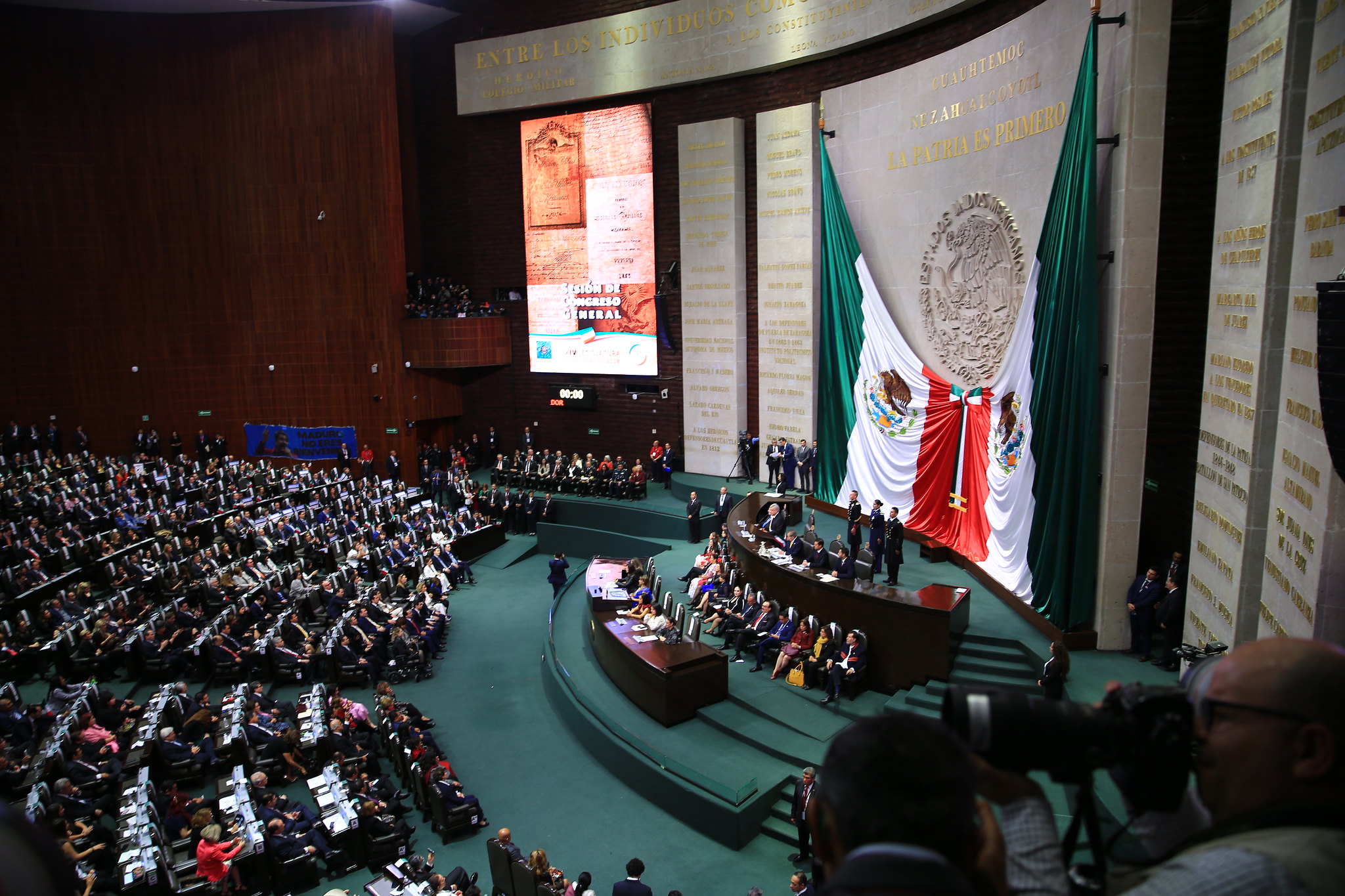There is a notable convergence among specialists around the idea that political science is a discipline whose expansion, as we know it today, is linked to the twentieth century. It is intimately related to the evolution of democracy and capitalism. The former expanded the subjects of study and established a climate of freedom for discussion and analysis. On the other hand, the latter incorporated market principles into electoral logic and boosted mass society, with the consequent expansion of the demos affecting specialized university studies.
The opening of schools and academic and research programs, as well as the expansion of demand from the student body, were a consequence of this. As Sartori pointed out, if the practice of politics was an art, its knowledge required mechanisms proper to science. According to Bobbio, this revolved around three fundamental requirements: the principle of verification as a criterion of validity, explanation as a purpose, and non-evaluation as an ethical presupposition.
Political science received an important lesson from academia through individuals who contributed to its development with their study and research. Thanks to their teaching, the giants on whose shoulders the main theories of political science stand contributed to the consolidation of a discipline that was placed in the niche of the social sciences alongside history, economics, and sociology.
When a group of twenty colleagues of very diverse national origins and averaging 65 years of age-were asked who, in their opinion, were the people born in the 20th century on whom the discipline was anchored, the results obtained were quite significant. There was a wide dispersion among the answers. However, there is a coincidence in underlining the intellectual leadership of Robert Dahl, Maurice Duverger, Juan Linz and Giovanni Sartori. In the case of these four authors, democracy had a central character as a logic of operation or set of rules that establish who is authorized to make decisions and with what procedures.
Conceiving politics as a set of rules for confronting, shaping, and making power beneficial, democracy for them would have the character of a demiurge at the whim of the institutions of the rule of law. The representative character of democracy, which is an unequivocal consequence of the new mass societies, was channeled through electoral processes. That is, collective action with political parties and instances of power in which the option for presidentialism or parliamentarism was not indifferent. Democracy would not so much be an ideal but a framework of the possible in states with a social vocation that would be increasingly prone to interventionism and subject to processes of deterioration and collapse and starting over again.
Last July, Fukuyama and López-Calva underlined the extent to which governance systems are articulated on the basis of three key factors: state capacity, social capital, and political leadership. The application of these factors to an analysis of the current situation of Latin American countries is an excellent guide to their understanding, which is in line with the legacy of the canon established by the aforementioned masters. Thus, the state, society, and certain individuals endowed with vocation and ambition make up the triangle in which the exercise of a human activity that, despite the changes that have taken place over time, has not ceased to have relevance.
When applied to Latin American countries, the three vertices remain constant. The vast majority of these states continue to maintain a worrying precariousness in three facets that stand out: their enormous fiscal weakness, their inability to subdue rampant violence, and their slowness in implementing public policies, especially in the areas of education and health, but also in housing. At the same time, there is a long-standing inability to establish regional integration, or at least cooperation, processes that would allow for a proactive confrontation with the vicissitudes of globalization.
With respect to societies, they project very high levels of segregation for reasons of profound economic inequality, but also identity inequality. Rampant male chauvinism and the marginalization of indigenous communities are factors that increase discrimination. In turn, there is a consequent increase in patterns of behavior in which distrust prevails. Added to this is the rampant process of exacerbated individualism that hinders moderately organized collective action in its drive to achieve objectives that, moreover, are not clearly defined.
As for leadership, hand in hand with presidentialism as an institutional incentive, politics are articulated around megalomaniac and narcissistic individuals who display an authoritarian disposition, sweeping away other existing control mechanisms. Thus, constant elements are the obsession with power to remain unrestricted in it, the total absence of empathy towards the other, and the absolute belief that there are no alternatives to decisions made through institutional mechanisms that are changing capriciously.
Political science has perfectly identified these factors and the string of consequences they entail. Moreover, the accumulated empirical evidence is very solid, and the works fill the shelves as they circulate on the web. However, it seems that a veil of ignorance covers everything, to the point that one wonders what the discipline is for?
Obviously, this is not a cry of “political scientists to power! On the contrary: experience shows that academia does not per se provide exceptional politicians. What it is about, playing with the terms made famous by Albert Hirschman, is to use one’s voice with loyalty to the common good to offer solutions to the quagmire in which we find ourselves. But ensuring that this voice is not a preaching in the wilderness is beyond the competence of political science.













